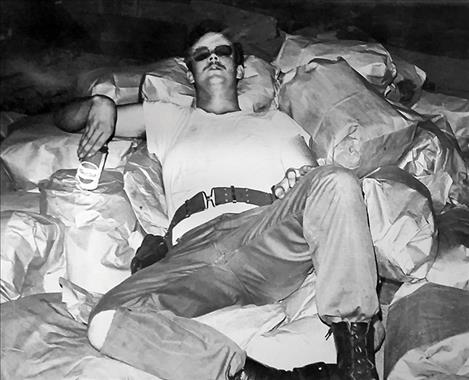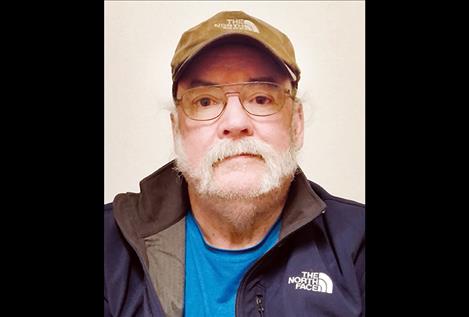Veteran Spotlight
Phillip F. Crenshaw December 25, 1952 Viet Nam, Grenada, Operation El Dorado Canyon, Desert Shield/ Desert Storm/Cold War U.S. Army – SFC
Keep Reading!
You’ve reached the limit of 3 free articles - but don’t let that stop you.

















